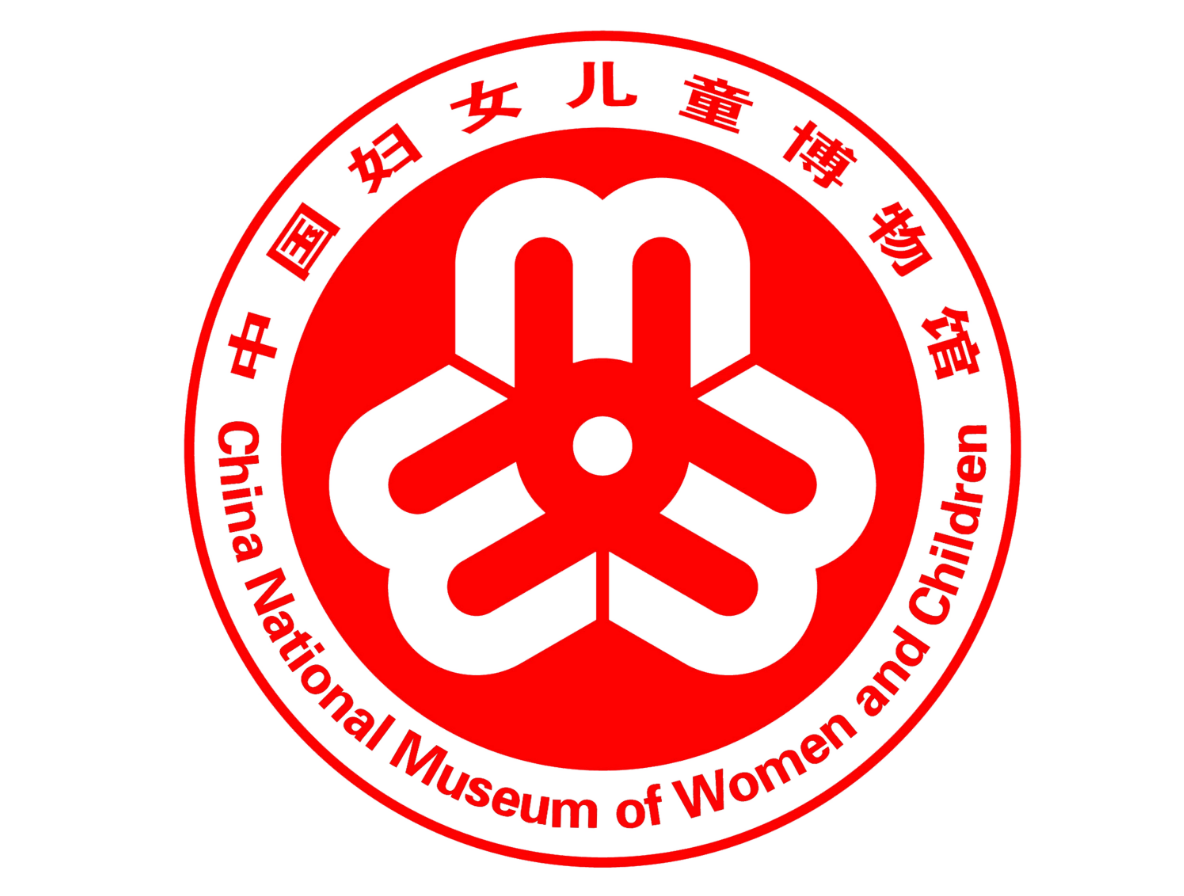
China National Museum of Women and Children is the country's first state-level museum focusing on women and children. It is hence a main source of data on the history of Chinese women and children and China's achievements in undertakings to further their development. The museum is also a medium for expanding cultural communication among women and children in the international community. Located on the northern side of the East Chang'an Street trunk line at the center of Beijing, the museum buildings occupy 35,000 square meters. The main purpose of China National Museum of Women and Children is to compile, exhibit and conduct research on cultural artifacts relating to women and children, to promote undertakings that further their development and provide services to them. The museum has placed on exhibit representative items, pictures, and cultural and artistic works that relate to the daily lives of women and children. The extensive range of cultural relics and comprehensive exhibitions housed in the museum provide a panoramic insight into the social activities and family life of Chinese women and children. They encompass relevant aspects of economy, politics, military affairs, culture, education, science and technology, sanitation, and sports over the past 5,000 years, from the standpoints of subsistence, changes of status, cultural customs, prominent figures, and social contributions. The museum constitutes a sociological database on women and children and the evolution of undertakings on their behalf throughout history, and a visitor's encyclopedia on the Chinese family. The museum building features contemporary elegant architectural elements. The curved ceiling symbolizes female gentleness and charm and the huge oval kaleidoscope embedded in it youthful innocence and vitality. The “Curve Embedded Kaleidoscope” hence signifies womanly nurture of child-like exuberance. The interior color scheme of white metal board installed with panes of gray glass gives the building a look of elegance and purity that contrasts perfectly with the riot of bold, diverse colors that the electronic kaleidoscope projects. The diverse styles of exhibition design harmonize with the museum's architecture. They include board exhibitions, displays of cultural relics that reflect daily life and recreational pastimes and sand-tray models, as well as phantom and virtual imaging, digital film representations and simulations of history. These universal approaches create for each visitor an interactive and intensely personal experience. The museum features advanced equipment and comprehensive systems, linked and controlled by self-activating strands of sound, light and information that operate on minimum energy. They combine to ensure museum, as well as public security, through visual, audio and thermal monitoring, automatic temperature and humidity control and self-activating sprinkler systems. Museum walls and ceilings are also soundproof. Visitors can enjoy this calm but stimulating ambience as they wander at their own pace through the exhibition halls, installation and video halls. There are also ample nursing room facilities and places to sit and digest newly acquired knowledge. Regarded as a great event in the development history of undertakings for China's women and children, and the common dream of Chinese revolutionists and social workers, China National Museum of Women and Children is affiliated to the All-China Women's Federation. It, other women's organizations and society at large have pooled resources in the common effort to actualize the principle of socialized construction. A portion of building funds came from the government, the majority from the All-China Women's Federation foundation. The CCP, governmental departments, cultural museums, institutions of the People's Liberation Army, and citizens from all walks have helped in the work of compiling the museum's cultural relic exhibits. The completed construction of China National Museum of Women and Children reflects the care for and common effort by the Party, government, and society to nurture China's women and children. It also signifies the rapid development of their undertakings in this connection throughout the process of building a socialist society with Chinese characteristics. We have done our utmost to create an international, contemporary and characteristic museum that will contribute to sharing national culture and to promoting social harmony and progress. |